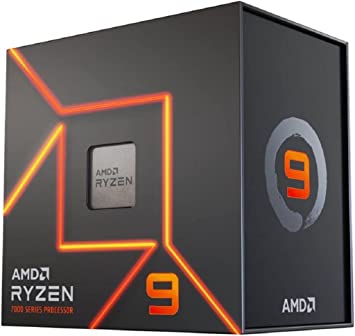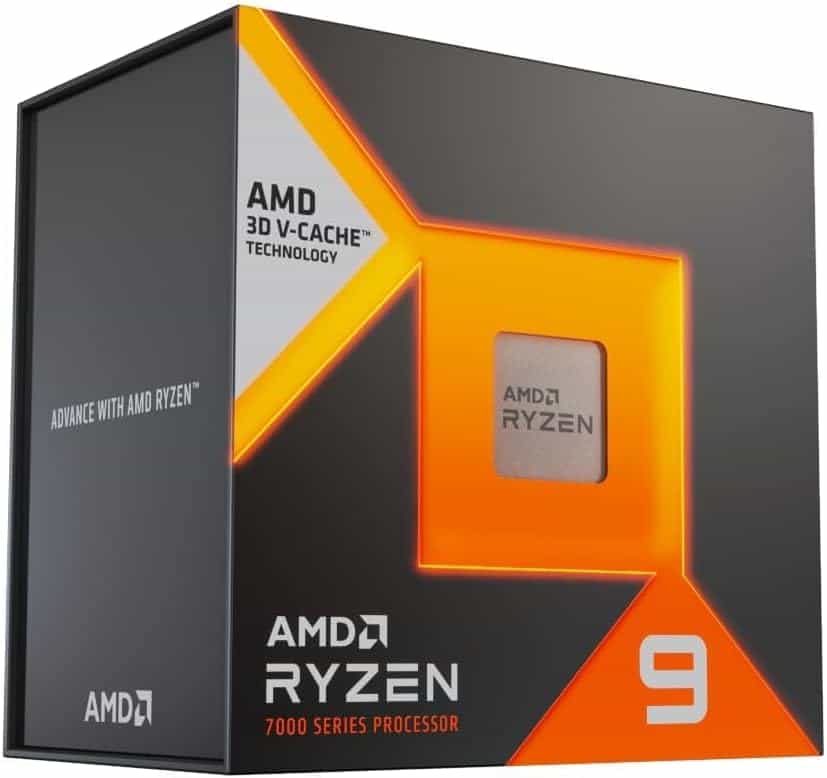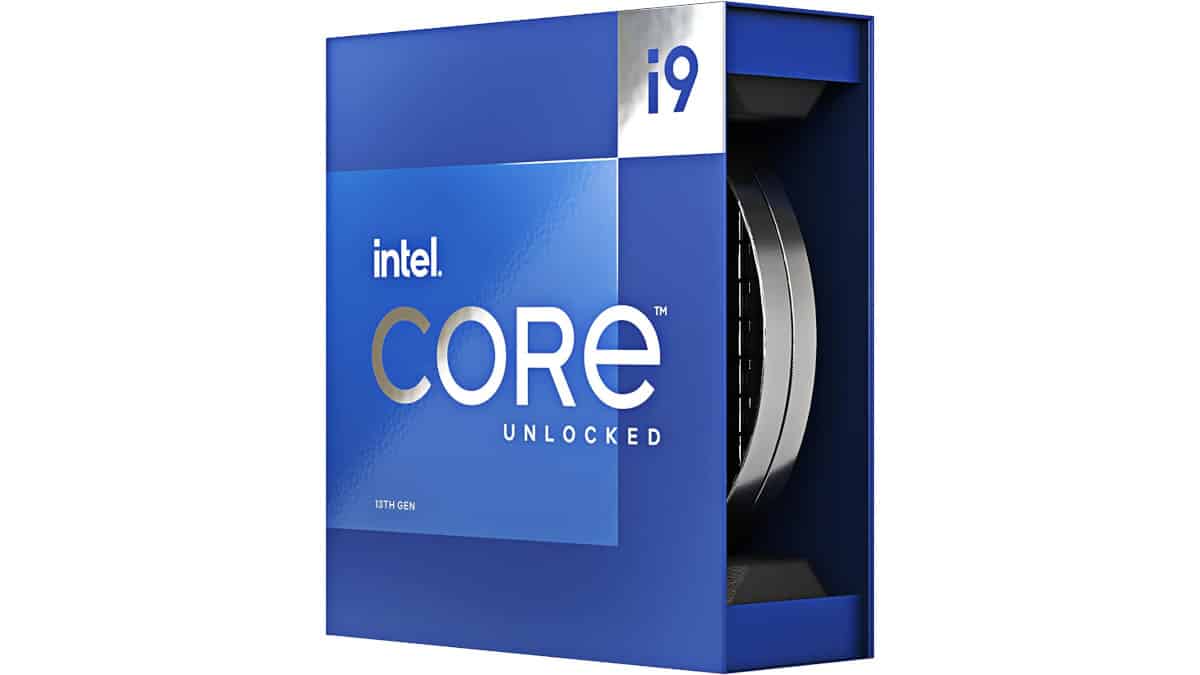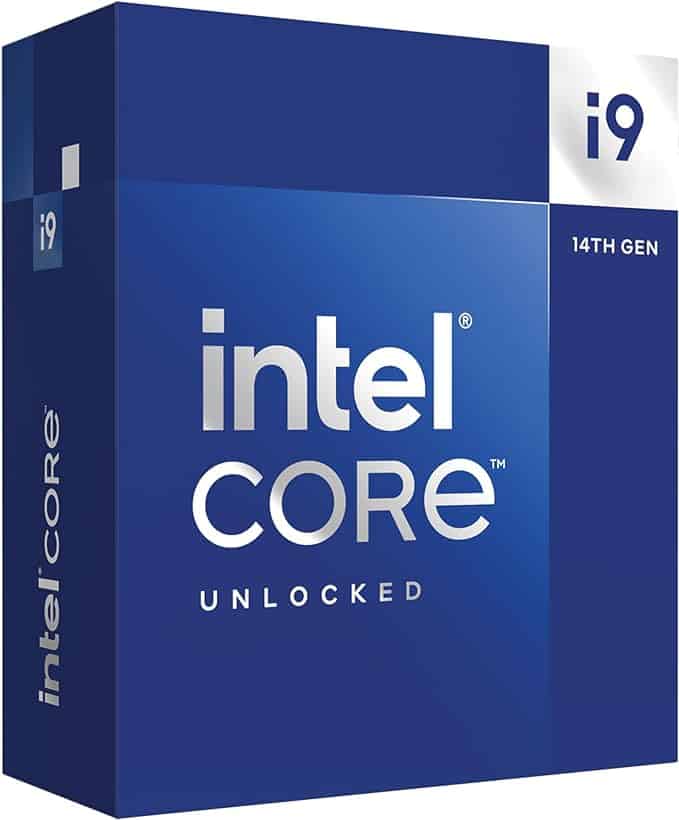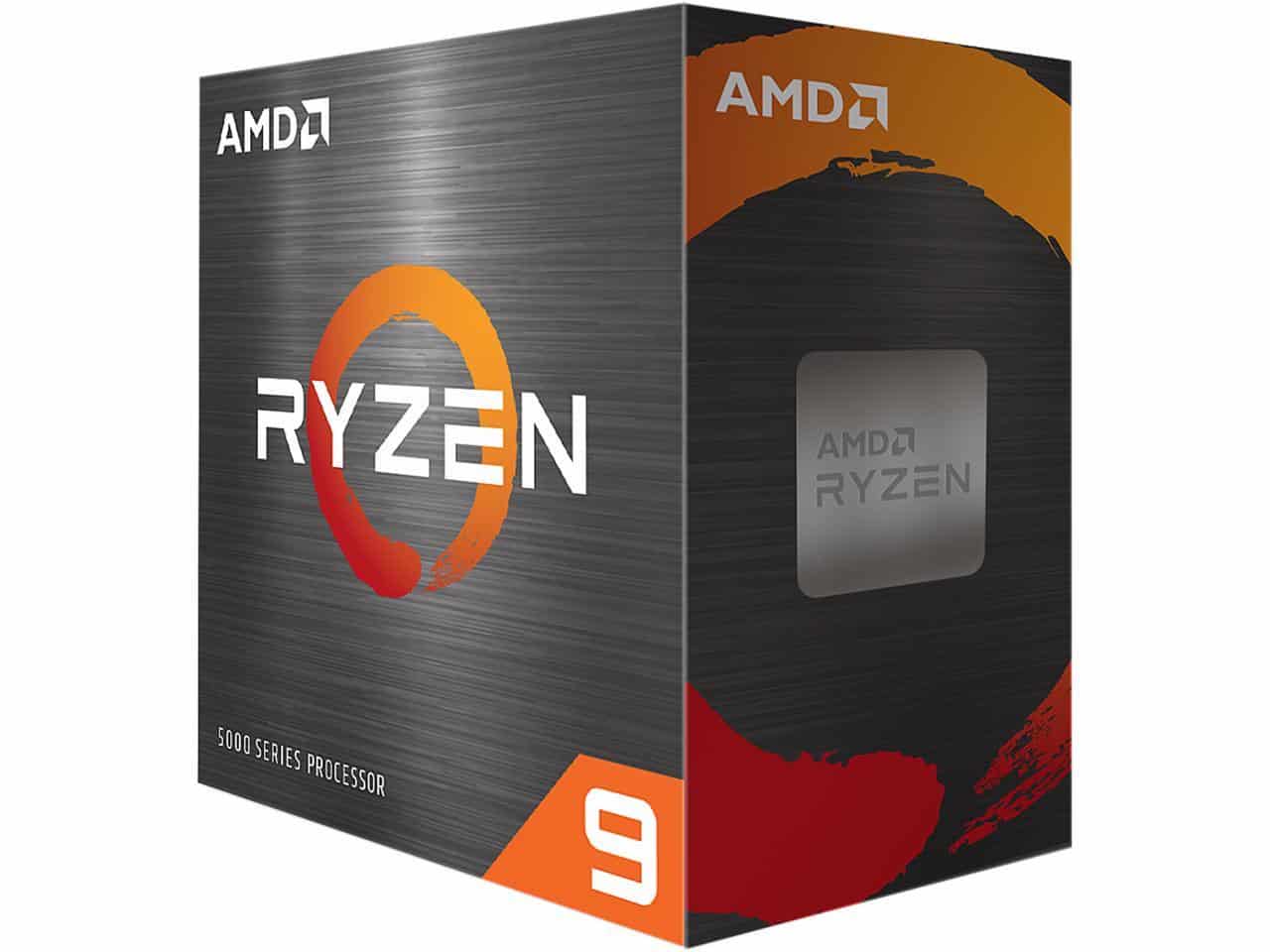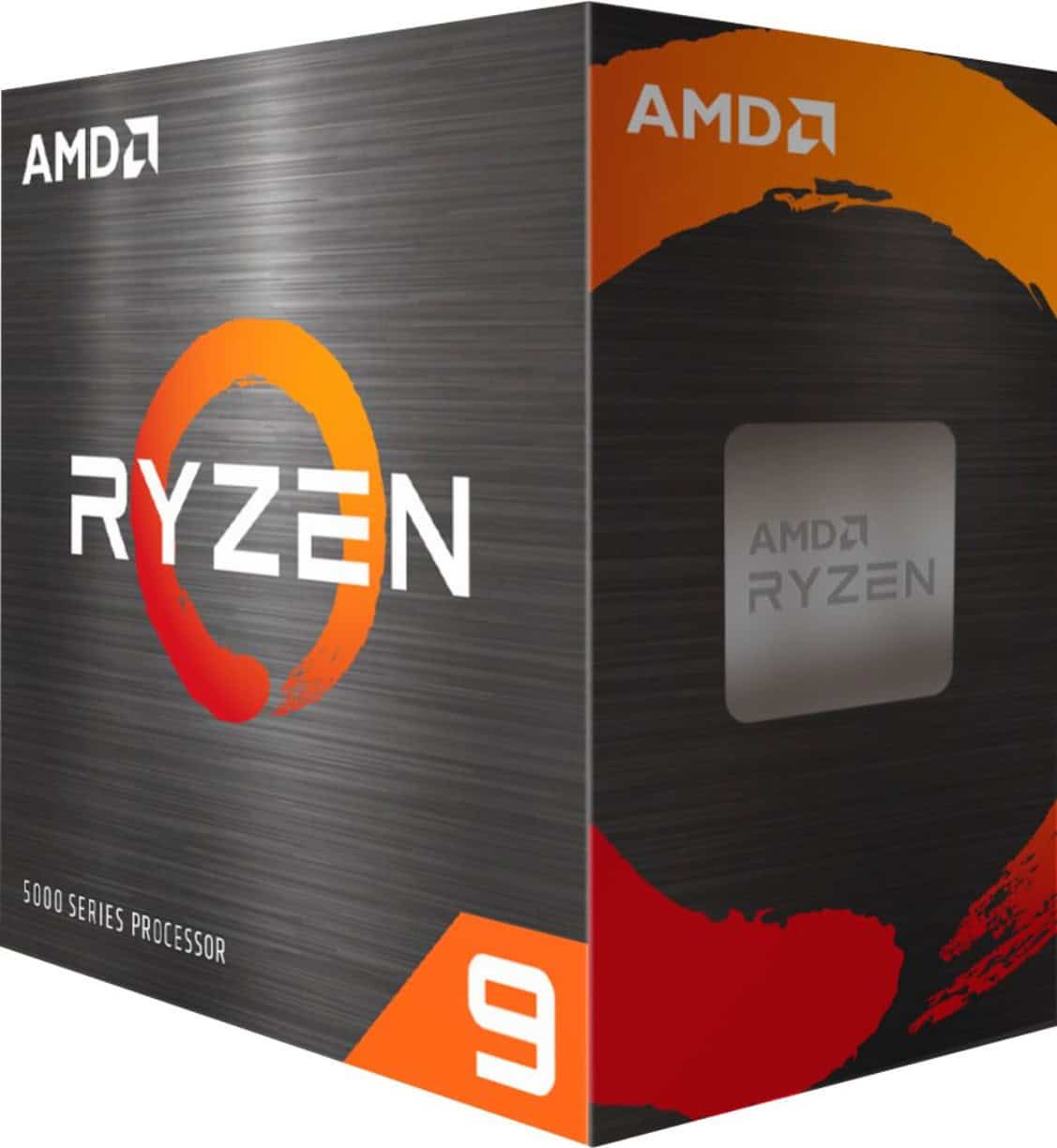Ryzen 9 9950X vs. Ryzen 9 7900X: powerhouse against powerhouse, who wins?
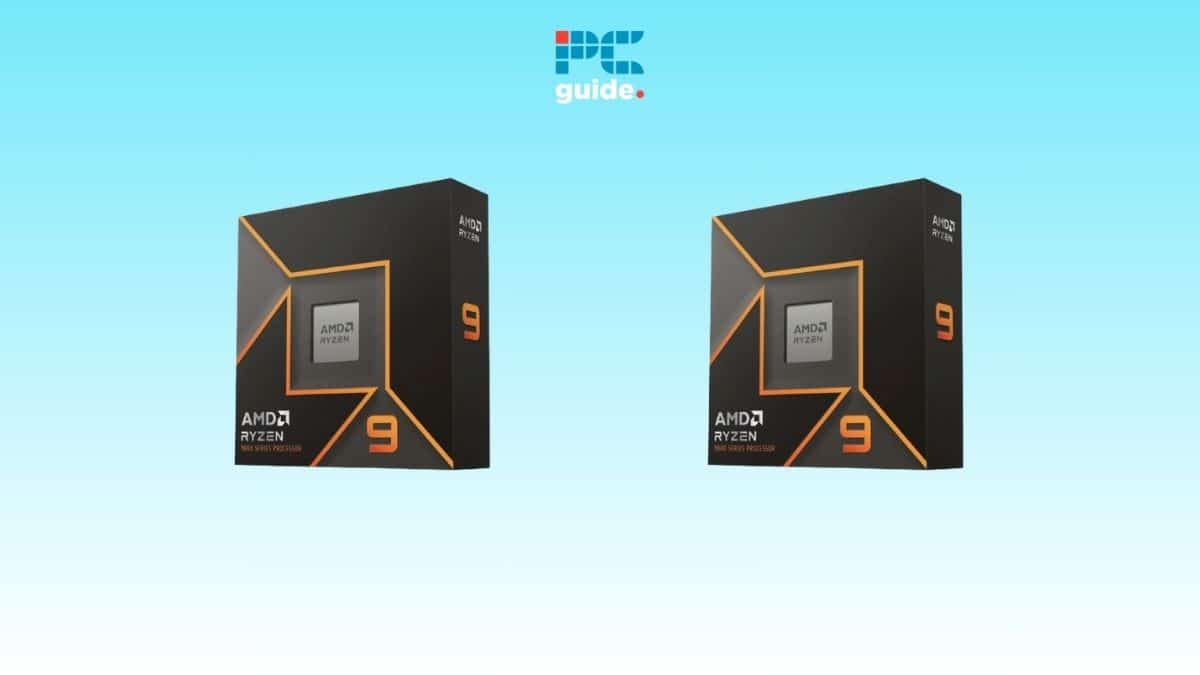
Table of Contents
The release of AMD's Ryzen 9000 series processors is just a couple of days away, and we've already gotten a glimpse of what the top-of-the-line Ryzen 9 9950X is capable of. If this leak is accurate, we're in for a thrilling ride as it’s going to be a massacre, and the ball will be in Team Blue's court to fire back with their 15th-gen CPUs.
That said, we're also interested in seeing how much Team Red's processors have improved over generations as we'll pit the most powerful processor from the 9000 series against the second most powerful CPU of the 7000 series. If you want to get your hands on the Zen 5 CPUs as soon as they hit the shelves, check out our Where to Buy page for the Ryzen 9000 series. That said, without further ado, let's get right to it.
Prime Day is finally here! Find all the biggest tech and PC deals below.
- Sapphire 11348-03-20G Pulse AMD Radeon™ RX 9070 XT Was $779 Now $739
- AMD Ryzen 7 7800X3D 8-Core, 16-Thread Desktop Processor Was $449 Now $341
- ASUS RTX™ 5060 OC Edition Graphics Card Was $379 Now $339
- LG 77-Inch Class OLED evo AI 4K C5 Series Smart TV Was $3,696 Now $2,796
- Intel® Core™ i7-14700K New Gaming Desktop Was $320.99 Now $274
- Lexar 2TB NM1090 w/HeatSink SSD PCIe Gen5x4 NVMe M.2 Was $281.97 Now $214.98
- Apple Watch Series 10 GPS + Cellular 42mm case Smartwatch Was $499.99 Now $379.99
- ASUS ROG Strix G16 (2025) 16" FHD, RTX 5060 gaming laptop Was $1,499.99 Now $1,274.99
- Apple iPad mini (A17 Pro): Apple Intelligence Was $499.99 Now $379.99
*Prices and savings subject to change. Click through to get the current prices.
AMD Ryzen 9 9950X
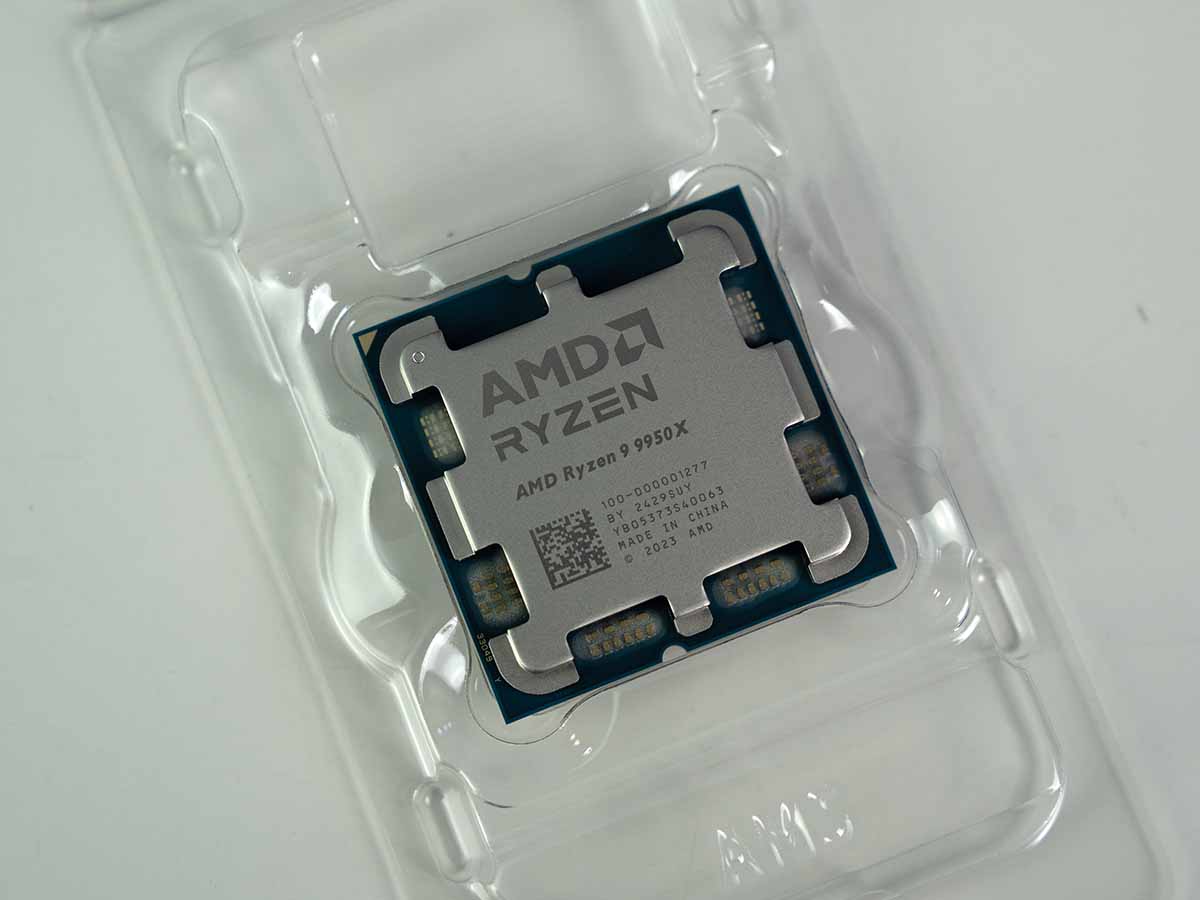
Cores
16
Threads
32
Boost clock speed
5.7 GHz
Base clock speed
4.3 GHz
L3 Cache
64 MB
TDP
170 W
Platform
AMD Socket AM5
Shop on Amazon
CHECK PRICEAMD Ryzen 9 7900X
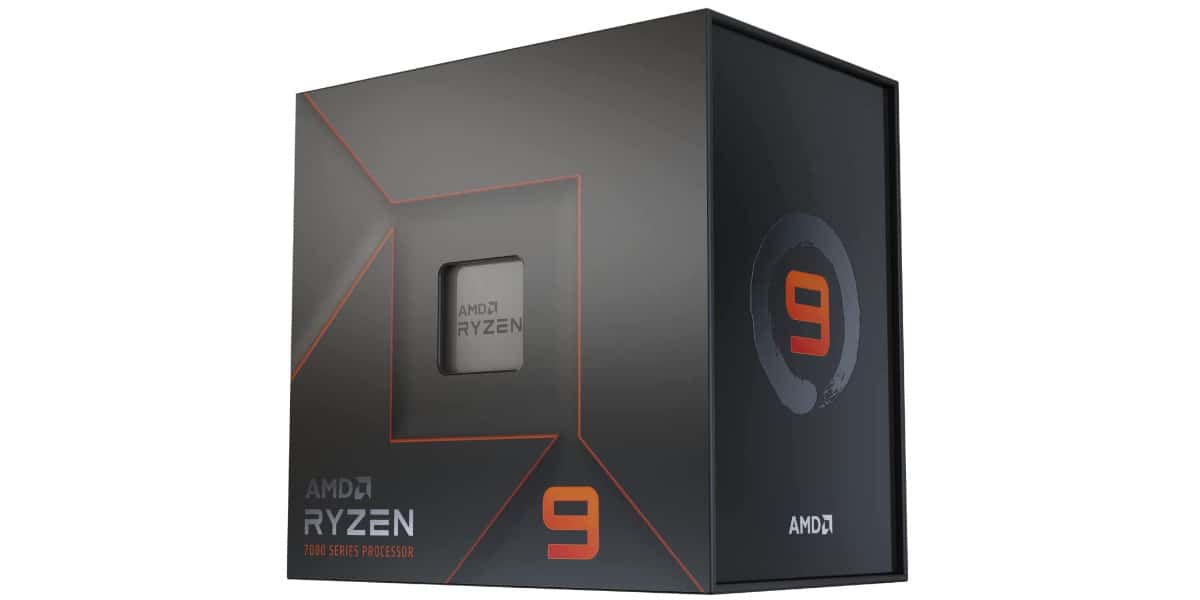
Cores
12
Threads
24
Boost clock speed
5.6 GHz
Base clock speed
4.7 GHz
L3 Cache
64 MB
TDP
170 W
Platform
AMD Socket AM5
Shop on Amazon
CHECK PRICESpecifications
To see the hardware difference between the two processors, we've listed their specifications below.
| Specifications | Ryzen 9 9950X | Ryzen 9 7900X |
| Architecture | Zen 5 | Zen 4 |
| Socket | AM5 | AM5 |
| Process | TSMC 4nm FinFET | TSMC 5nm FinFET |
| Cores | 16 | 12 |
| Threads | 32 | 24 |
| Base clock speed | 4.3 GHz | 4.7 GHz |
| Boost clock speed | 5.7 GHz | 4.6 GHz |
| L3 Cache | 64 MB | 64 MB |
| TDP | 170W | 170W |
| Integrated graphics | AMD Radeon Graphics | AMD Radeon Graphics |
These processors are a generation apart, but the hardware difference between the two is significant. What's impressive is that the 9950X, despite having buffed-up specifications, has the same TDP as the 7900X. However, we'll dissect the differences to paint a better picture of how powerful the newer generation of processors is.

Foundations and cores
The first and most significant difference between the two CPUs is the architecture. The 9950X is based on Zen 5, while the 7900X is powered by the 5nm processes of Zen 4. However, it doesn't end there; the 9950X has four extra cores and eight extra threads.
This is a massive hardware difference because when you think about how many more processes are there on each CPU core of the 9950X and then it has four more of those. On top of that, both processors support multithreading, but the eight additional ones widen the gap between the two, which the 7900X just can't hope to bridge.

As if that weren't enough, Zen 5 has a 16% IPC advantage over Zen 4, meaning every Ryzen 9000 processor can execute more instructions per clock cycle, resulting in better performance across the board, regardless of the task at hand.
So, in the first round, unsurprisingly, the Ryzen 9 9950X is the victor, and now we'll move on to the next match.
Clock speed
The clock speed is the number of IPC the processor completes in a second. For example, the 9950X can execute 4.3 billion instructions in a second, and the 7900X can execute 0.7 billion more than that. That said, the Zen 5 has a 16% higher uplift, so the 9950X should be easily able to keep up.
The boost clock speed, on the other hand, is once again one-sided, as the 9000 series flagship has a 1.1 GHz lead over the 7900X. On top of that, you can overclock both CPUs for even faster processing, but the 9950X would still have the lead. Although given their 170W TDP, we recommend using the best water cooling kit to keep them running in optimal conditions.
Cache and TDP
As far as the cache and TDP are concerned, both CPUs have the same 64 MB L3 cache and a 170W TDP. The TDP isn't a set number, as it can fluctuate depending on the workload, or if you've overclocked the processor, it could go even higher. That said, running the CPU in that state for extended periods isn't recommended as it could damage it, and the warranty doesn't cover it.
The Ryzen 9000 series cache has received an upgrade in the sense that the bandwidth has been doubled. This means more streamlined data access and processing, resulting in better efficiency. So, we can say that the 9950X should be able to better use the 64 MB cache.
Graphic capabilities
These processors come with integrated graphics, but the GPU architecture is different. The 9950X iGPU is based on RDNA 3, while the 7900X iGPU is based on RDNA 2. That said, the integrated graphics for both processors have a turbo frequency of 2200 MHz and two cores.
Our fellows at WePC did an in-depth review of the 7900X, in which they tested its iGPU in synthetic and real-world scenarios. The 7900X's integrated graphics were able to churn out 131 FPS in CS:GO at 1080p high resolution. So, with the new graphics architecture, we're expecting the 9950X to perform even better, to the point where you should be able to play less demanding games like CS2 or Dota 2 without a dedicated GPU.
That said, we can't deny the difference between an iGPU and a discrete graphics card, and for the best experience, we recommend using the best GPU for Ryzen 9 7900X.
Pricing estimates
The Ryzen 9 7900X was launched with an MRSP, and according to Camelcamelcamel, you can, at the time of writing, get it for $360.51. As for the Ryzen 9 9950X, there have been some price leaks that claim the 9950X has a price tag of $647.93 after conversion from Pesos.
On top of that, there were leaks for other Ryzen 9000 processors, which also painted a different picture to take these numbers with a pinch of salt. That said, we can take a look at the previous launches and pricing trends to make an informative guess.
The launch price of the 7950X was $699, while the 5950X had a price tag of $799. So, there was a $100 difference between the two generations. If AMD follows the same pattern, we could see the 9950X release with an MSRP of $699 or $649. We just have to wait till July 31st till everything becomes clear, so till then, hold tight.
How have these CPUs changed from the previous generations?
We'll compare the 9950X with the 7950X and the 7900X with the 5900X. This should give us a good idea of how much improvement the processes have had from generation to generation.
| Specifications | 9950X | 7950X | 7900X | 5900X |
| Cores | 16 | 16 | 12 | 12 |
| Threads | 32 | 32 | 24 | 24 |
| Cache | 64 MB | 64 MB | 64 MB | 64 MB |
| Max boost clock | 5.7 GHz | 5.7 GHz | 5.6 GHz | 4.8 GHz |
| Base clock speed | 4.3 GHz | 4.5 GHz | 4.7 GHz | 3.7 GHz |
| TDP | 170W | 170W | 170W | 105W |
| Architecture | Zen 5 | Zen 4 | Zen 4 | Zen 3 |
The cores, threads, TDP, and cache for the 9950X and the 7950X. Both share the same same boost clock, while the 7950X has a 0.2 GHz faster base clock speed. That said, the 9950X should outperform it by a margin due to its Zen 5 architecture.
As for the 7900X, it also has the same cores, threads, and cache as the 5900X, but the latter has a much lower TDP of 105, making it more energy-efficient out of the two. However, the 7900X should outperform it due to the faster clock speeds and newer architecture. If you're interested in exploring how powerful the 7900X is, we recommend you check out our 7900X review, which puts it through its paces.
Alternatives to the 9950X and the 7900X
There are some processors that you could opt for instead of the 9950X and the 7900X, and we've listed them below. We've reviewed some of these alternative options, and you can also check out their in-depth reviews.
-
AMD Ryzen 9 7950X
- Cores: 16
- Threads: 32
- Boost clock speed: 5.7 GHz
- Base clock speed: 4.5 GHz
- L3 Cache: 64 MB
- TDP: 170W
-
AMD Ryzen 9 7950X3D
- Cores: 16
- Thread: 32
- Base Clock Speed: 100 MHz
- Boost Clock Speed: 5.7 GHz
- L3 Cache: 128 MB (shared)
- TDP: 120 W
-
Intel Core i9-13900K
- Cores: 24 (8P-16E)
- Threads: 32
- Boost speed : P-Core 5.8GHz / E-Core 4.3GHz
- Base speed: P-Core 3.0GHz / E-Core 2.2GHz
- L3 Cache: 36 MB
- TDP: 253 W
-
Intel Core i9-14900K
- Cores: 24 (8P-16E)
- Threads: 32
- Boost clock speed : P-Core 5.8GHz / E-Core 4.4GHz
- Base clock speed: P-Core 3.2GHz / E-Core 2.4GHz
- L3 Cache: 36 MB
- TDP: 253W
-
AMD Ryzen 9 5950X
- Cores: 16
- Threads: 32
- Base clock speed: 3.4 GHz
- Boost clock speed: 4.9 GHz
- L3 Cache: 64 MB
- TDP: 105 W
-
AMD Ryzen 9 5900X
- Cores: 12
- Threads: 24
- Boost clock speed: 4.8 GHz
- Base clock speed: 3.7 GHz
- L3 Cache: 63 MB
- TDP: 105 W
Which one is right for you?
The Ryzen 9 9950X and the 7900X are powerful processors of their respective generations, with only the 7950X outperforming the 7900X. That said, I believe the best one for you is the one that you can afford because regardless of the processor you pick, it should be able to handle a wide array of workloads, from gaming to data science, without breaking a sweat.
The 9950X is the more efficient and powerful CPU out of the two, but it will also cost a premium, while the 7900X should be comparatively cheaper. Both use the AM5 socket and have access to the full arsenal of next-gen features. So, if you're running a 7900X, it should keep your rig powered for years to come. However, if you want to upgrade and have the funds to do so, the 9950X shouldn't disappoint at all.
I reached out to fellow PC Guide hardware expert and tech enthusiast Seb Kozlowski for his thoughts on this match-up, and we shared the same opinion.
Two Ryzen 9’s but a wider difference than usual. As the 9950X not only benefits from the newer generation uptick but also a higher core count. That makes it that bit better in those multi core processes. So for those intensive processes this makes it that much better along with he slightly higher boost clock.
However, not everyone has a need for all that horsepower. So you’ll find that for the same power requirements and likely a lower price, the 7900X will easily be the better option. Especially the likes of gaming won’t benefit as much from the 9950Xs more cores so you can save yourself plenty and put it towards other important parts.
Seb Kozlowski



